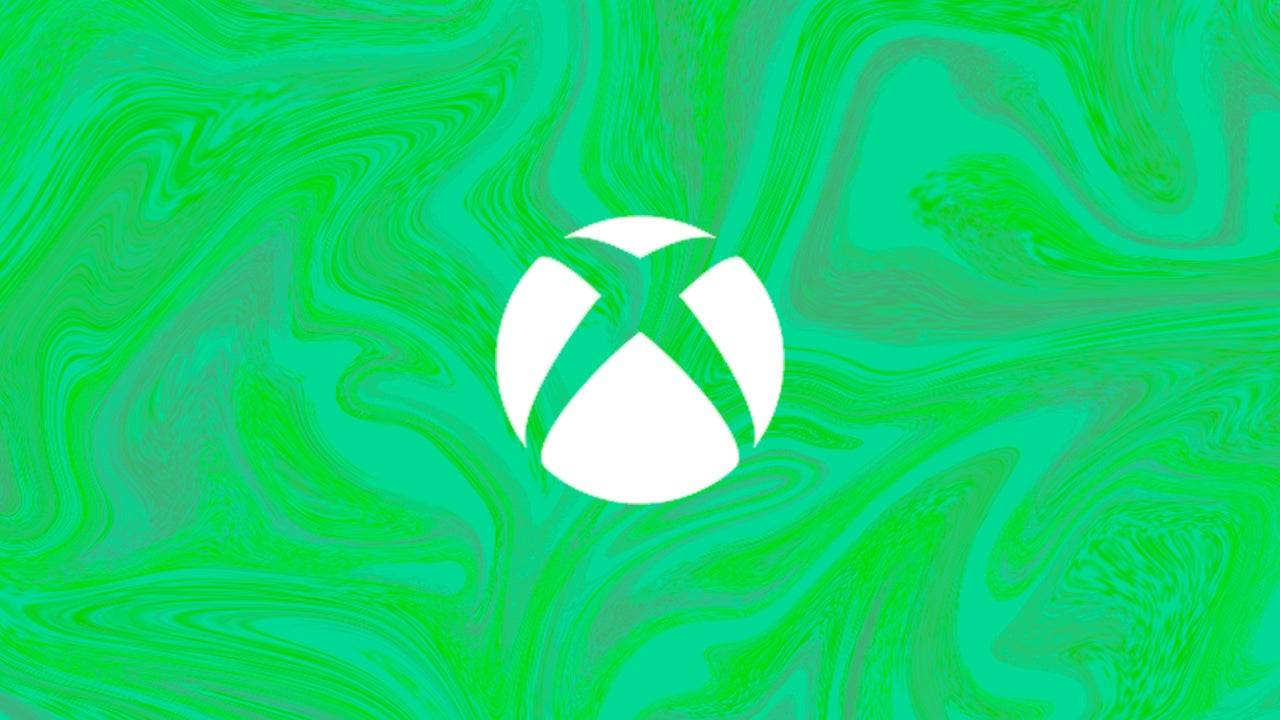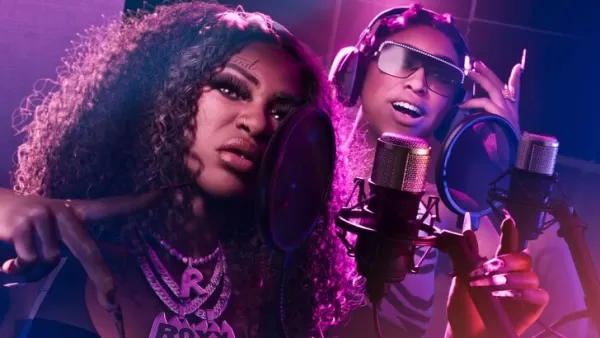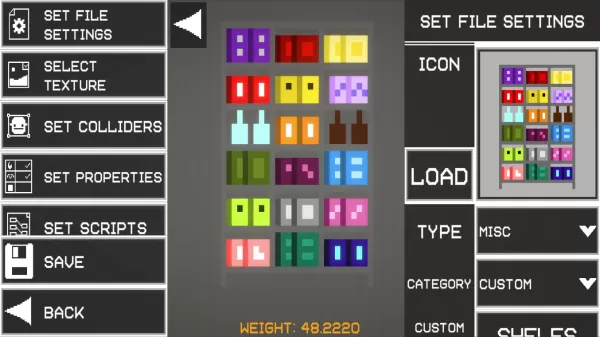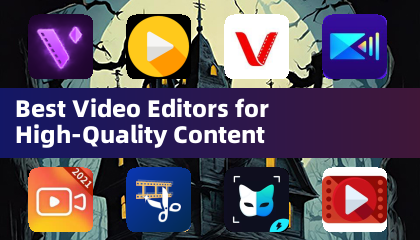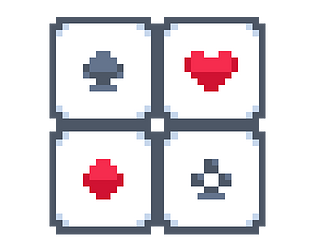Activision has recently captured the attention of the gaming community with a surprising move—launching advertisements for new projects based on its beloved franchises, including Guitar Hero, Crash Bandicoot, and Call of Duty. However, the buzz wasn't about the announcement itself, but rather the intriguing method of creating these promotional materials: using neural networks.
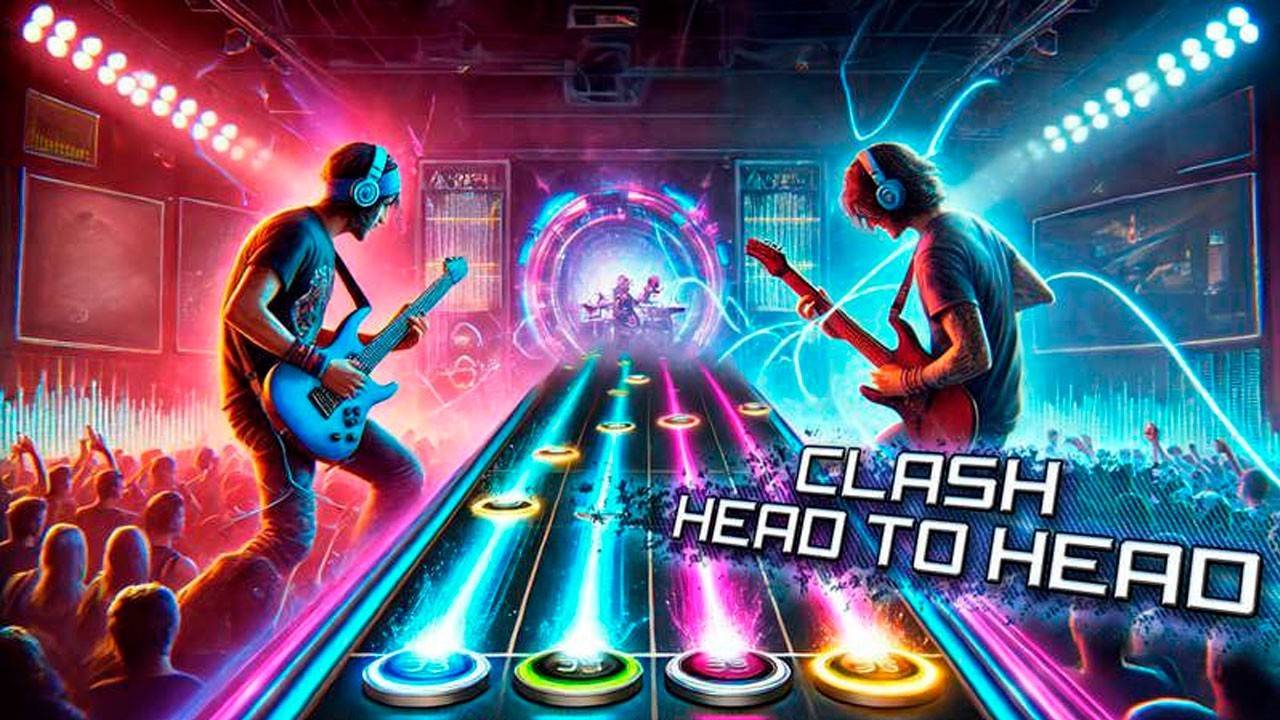 Image: apple.com
Image: apple.com
The first advertisement surfaced on one of Activision's social media accounts, promoting Guitar Hero Mobile and linking to a pre-order page on the App Store. What caught users' eyes were the peculiar, almost surreal images, which sparked immediate discussions. It didn't take long before similar reports surfaced about other mobile games from Activision, such as Crash Bandicoot Brawl and Call of Duty Mobile, also featuring AI-generated visuals in their ads. Initially, many speculated that Activision's accounts had been compromised, but it was soon revealed as a part of an unconventional marketing strategy.
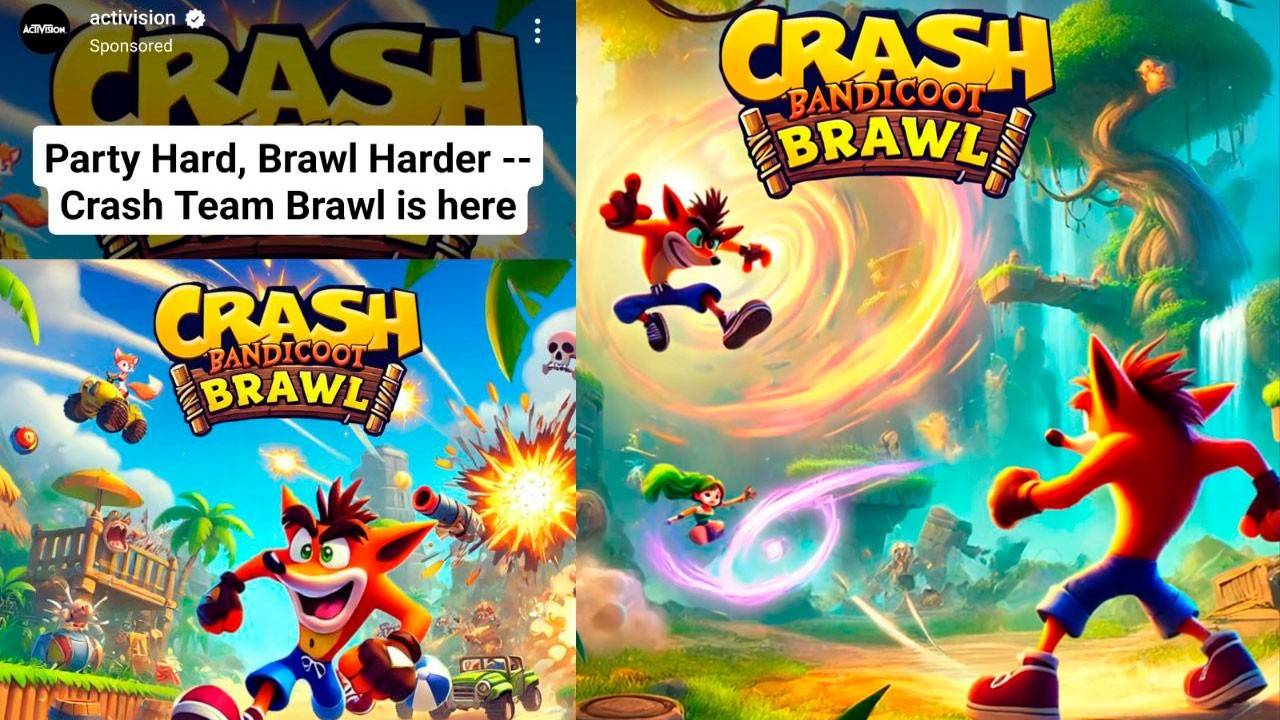 Image: apple.com
Image: apple.com
The reaction from the gaming community was overwhelmingly negative. Players voiced their disapproval of Activision's choice to employ generative AI over collaborating with skilled artists and designers. Concerns were raised that this could degrade the quality of games, potentially turning them into "AI garbage." Some even drew comparisons to Electronic Arts, a company often criticized for its gaming industry decisions.
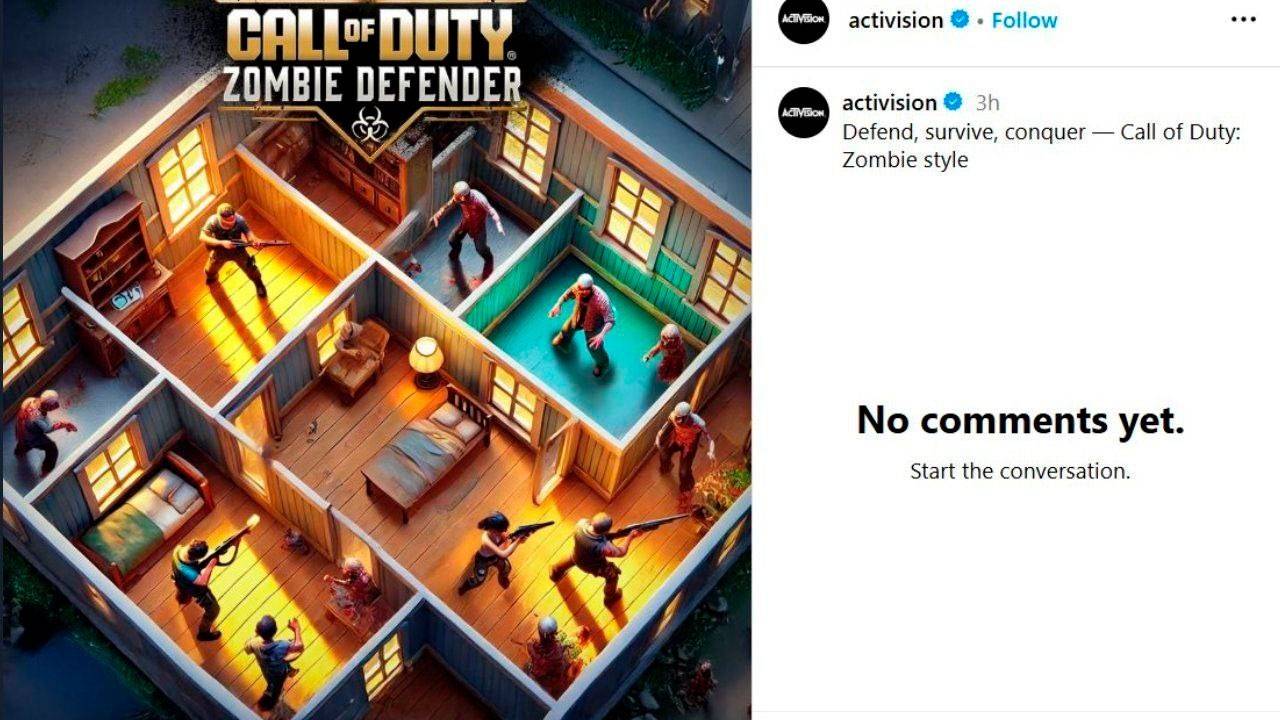 Image: apple.com
Image: apple.com
The use of AI in game development and marketing has become a hotly debated issue for Activision. The company has confirmed the active use of neural networks in creating content for their upcoming title, Call of Duty: Black Ops 6.
In response to the backlash, some of the promotional posts were removed. It's still uncertain whether Activision genuinely intends to release these games or if this was merely a test to gauge audience reactions with provocative materials.

 Image: apple.com
Image: apple.com Image: apple.com
Image: apple.com Image: apple.com
Image: apple.com LATEST ARTICLES
LATEST ARTICLES 
